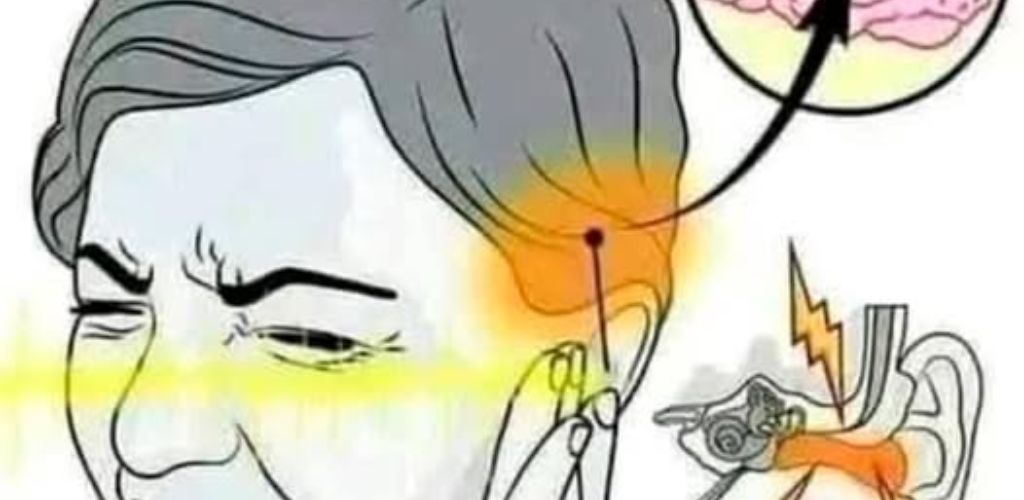02.04.2025
If you hear ringing in your ear, this is a sign that you will suffer from
Ringing in the ears, also known as tinnitus, is a symptom, not a disease itself. It’s associated with a variety of underlying conditions, and it’s inaccurate to say it’s a sign that you will suffer from one specific thing. Here’s a breakdown of what tinnitus can indicate:
Common Causes and Associated Conditions:
- Hearing Loss:
- This is a frequent association. As we age or are exposed to loud noises, the delicate hair cells in our inner ear can become damaged, leading to tinnitus.
- Noise Exposure:
- Loud noises, whether from machinery, music, or explosions, can damage the ear and cause tinnitus.
- Earwax Blockage or Ear Infections:
- Blockages or infections can change the pressure in the ear, triggering tinnitus.
- Medications:
- Certain medications, such as some antibiotics, aspirin, and cancer drugs, can have tinnitus as a side effect.
- Head or Neck Injuries:
- Trauma to the head or neck can affect the inner ear, hearing nerves, or brain functions related to hearing.
- Ménière’s Disease:
- This inner ear disorder can cause tinnitus, along with vertigo and hearing loss.
- Temporomandibular Joint (TMJ) Disorders:
- Problems with the jaw joint can sometimes lead to tinnitus.
- Blood Vessel Disorders:
- In some cases, tinnitus can be related to blood vessel issues, such as atherosclerosis or high blood pressure.
Important Considerations:
- Tinnitus can be temporary or chronic.
- The severity of tinnitus varies greatly from person to person.
- It’s crucial to consult a healthcare professional or audiologist if you experience persistent or bothersome tinnitus. They can help determine the underlying cause and recommend appropriate management strategies.
Therefore, rather than being a sign of one specific ailment, tinnitus is a symptom that warrants medical evaluation.
